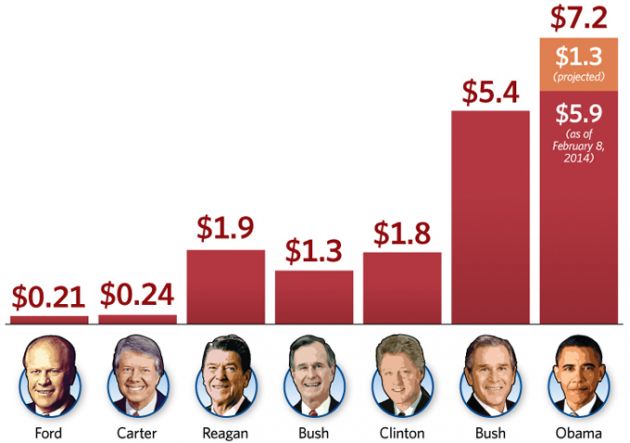US bishops urge Congress to protect programs serving the poor

Two leading American Roman Catholic bishops have written to the United States Congress, urging lawmakers to preserve funding for federal programs serving the poor.
Archbishop Thomas G. Wenski of Miami and Bishop Oscar Cantú of Las Cruces, New Mexico, asserted that the U.S. federal budget must not be balanced by "disproportionate cuts in essential service to poor persons."
Wenski is chairman of US bishops' committee on domestic issues and Canti heads the international justice group.
They wrote, "The moral measure of the federal budget is not which party wins or which powerful interests prevail, but rather how those who are jobless, hungry, homeless, or poor are treated.
"Their voices are too often missing in these debates, but they have the most compelling moral claim on our consciences and our common resources."
Decisions around the 2016 budget resolution should be measured on whether they protect human life and dignity, the poor and vulnerable and the common good, particularly workers and their families, said two bishops in their Feb. 27 letter.
They expressed support for reduction of future unsustainable deficits and their impact on the economy.
They said, however, a just framework for a federal budget cannot rely on "disproportionate cuts in essential service to poor persons."
The Catholic leaders noted how the Budget Control Act caps and sequestration have limited many domestic and international poverty-focused programs.
They cautioned lawmakers against using the reconciliation process to achieve savings by cutting health care, nutrition and other programs.
"As pastors, we see every day the human consequences of budget choices.
"Our Catholic community defends the unborn, feeds the hungry, shelters the homeless, educates the young, and cares for the sick, both at home and abroad.
"We help poor families rise above crushing poverty, resettle refugees fleeing conflict and persecution, and reach out to communities devastated by wars, natural disasters and famines. In much of this work, we are partners with government, and our combined resources allow us to reach further and help more," the bishops wrote.